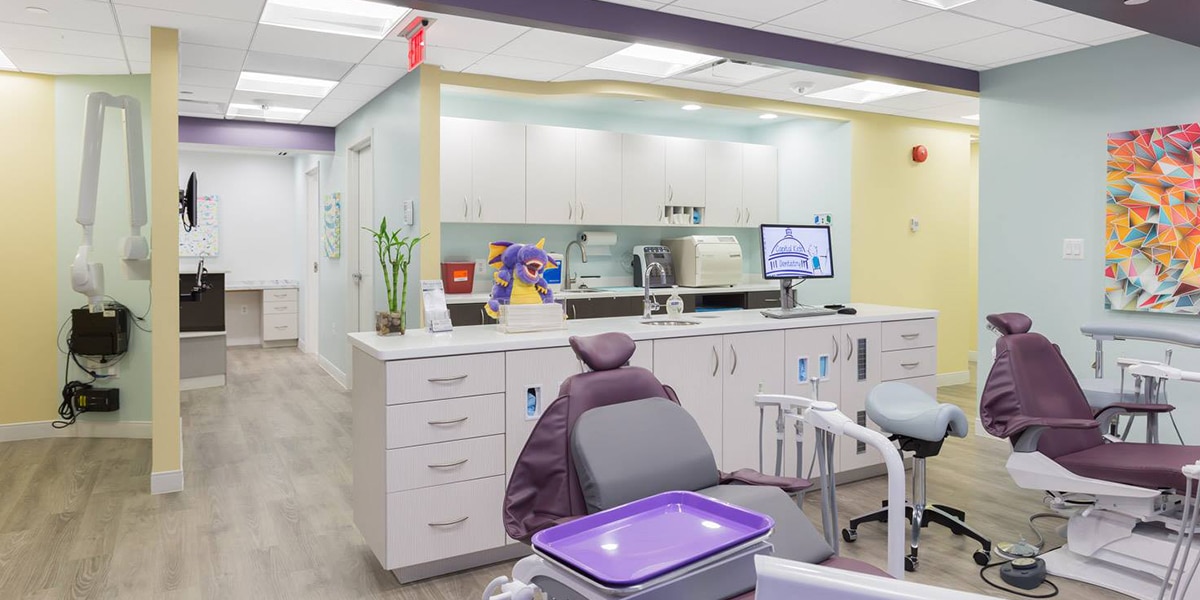Emergency Pediatric Dentistry

During office hours, immediate attention will be given to your child's situation, and your child will be seen as soon as possible. After office hours, please give the office a call and follow the instructions provided. Your call will be returned as soon as possible. If your child is experiencing a serious or life threatening emergency, please call 911 or visit the nearest emergency room.
Below are instructions for handling some minor common dental emergencies.
- Begin by cleaning around the sore tooth meticulously. If your child is able to rinse with warm water, rinse the mouth to displace any food trapped between teeth. Try to floss in between the sore tooth and the adjacent teeth. Check for any swelling on the gum tissue surrounding the tooth.
- Under no circumstances should you. place aspirin on the aching tooth or gum tissue.
- In the event of facial swelling, apply a cold compress to the area and call our office right away. For temporary pain relief, Tylenol or Motrin/Advil is recommended as directed for the age of the child.
- Set an appointment with our office as soon as possible.
Please call our office to schedule an appointment.
- First make sure the knocked out tooth is a permanent tooth (baby teeth should not be reimplanted).
- Keep your child as calm as possible. Locate the tooth and pick it up only by the crown (the part that shows in the mouth). Do not touch the root.
- If the tooth is dirty, rinse it for no more than 10 seconds under cold running water and do not try to scrape and debris off the root. The root has attached tissue that is vital for reimplantation. Put the tooth back into the socket. Bite on a towel or gauze to hold it in place.
- If it is not possible to reimplant the tooth into the socket, place the tooth in a glass of cold milk or a specialized storage media for avulsed (knocked-out) teeth (e.g. Hanks Balanced Salt Solution, Sav-A-Tooth, Viaspan, or saline). If none of these options are available, the tooth can be transported in the mouth, between the lip/cheek and gum if the child is old enough. If none of the above is possible, have the child spit into a container and place the tooth in it.
- Avoid storage in water.
- Call our office immediately.
Apthous ulcers (known as canker sours) are not contagious (not of bacterial or viral origin). Sores can last 10-14 days and can be very painful. Avoid acidic foods and beverages. If sores persist, contact us and we can discuss ways to alleviate the discomfort.
Cold Sores are caused by the herpes virus and are generally preceded by a primary herpes infection. A crusted sore will appear on the lip after a prodromal period in which the lip tingles and is sore for a few days. Because the virus stays dormant in the body, recurrent outbreaks can occur. Outbreaks can be precipitated by exposure to various foods and sunlight. The herpes virus is transmittable during active infection and kissing and sharing glasses or utensils should be avoided during that time.
